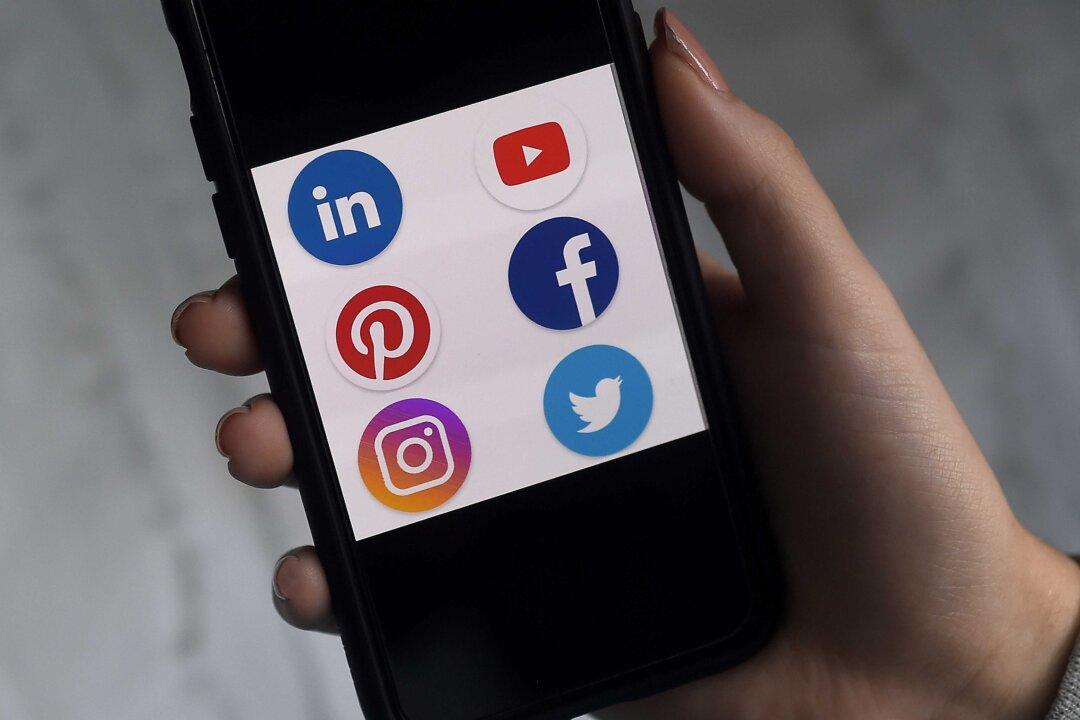Collecting personal information from internet users through social media apps in order to promote certain products to those users or influence their voting for a presidential candidate gets overlooked, said Rex Lee cybersecurity and privacy adviser.
Mobile apps such as Facebook or Twitter apps can be used to collect personal data including “emails, email attachments, photos, and instant messages,” Lee said in a recent interview on Epoch Times’ Crossroads program.





